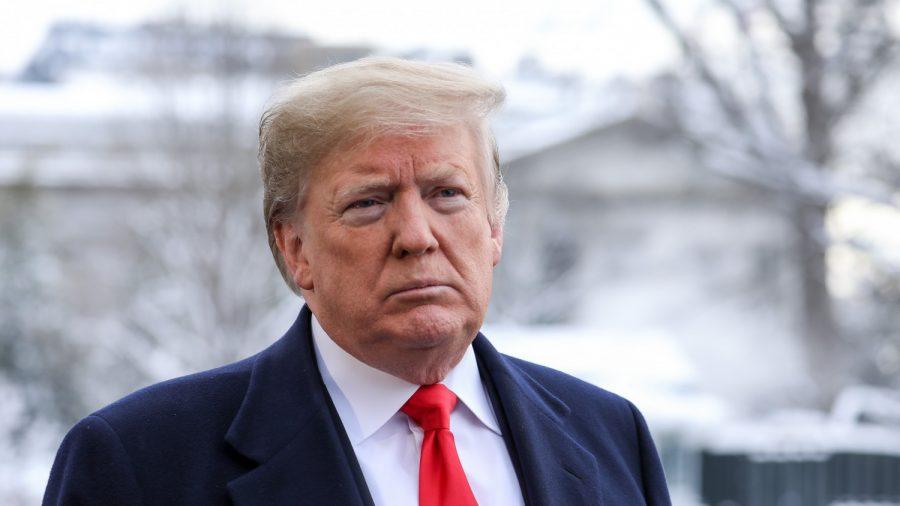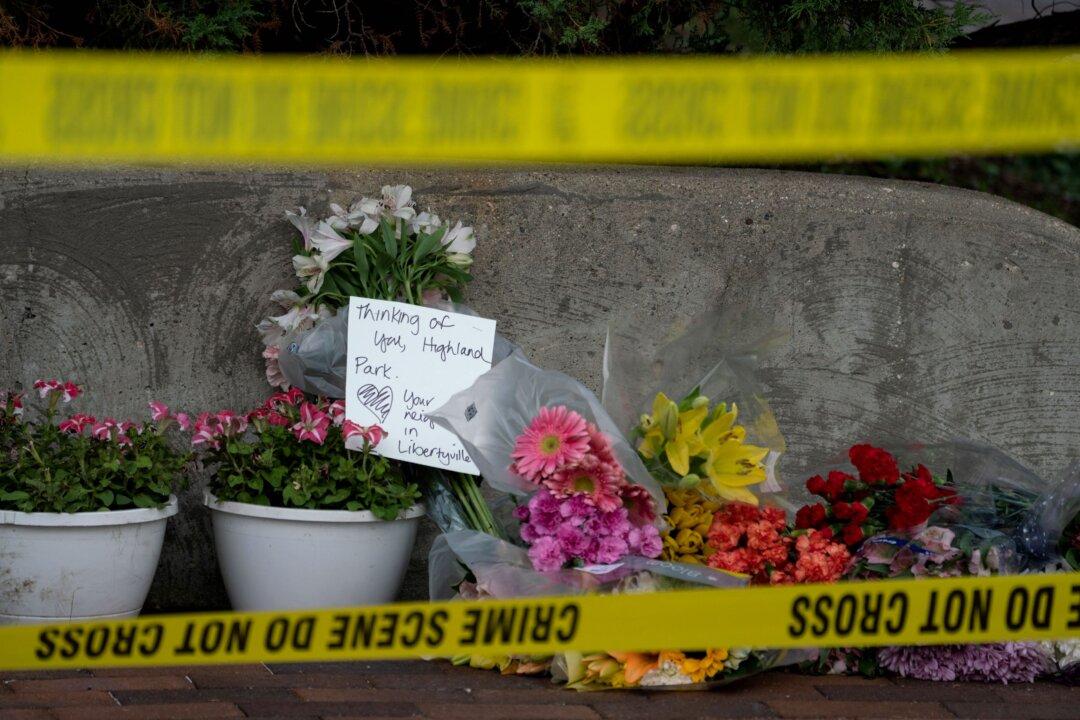WASHINGTON—A new poll indicates that a majority of registered voters want President Donald Trump to declassify documents for public release pertaining to the probe of Russian interference in the 2016 election.

President Donald Trump speaks to reporters on the South Lawn of the White House on Jan. 14, 2019. Holly Kellum/NTD

Christopher C. Hull
contributor
|Updated:
Christopher C. Hull, Ph.D., is a public affairs executive with extensive real-world expertise running successful local, state, federal, and international policy-shaping and coalition-building issue campaigns, as well as academic-level training in presidential and grassroots politics.
Author’s Selected Articles



